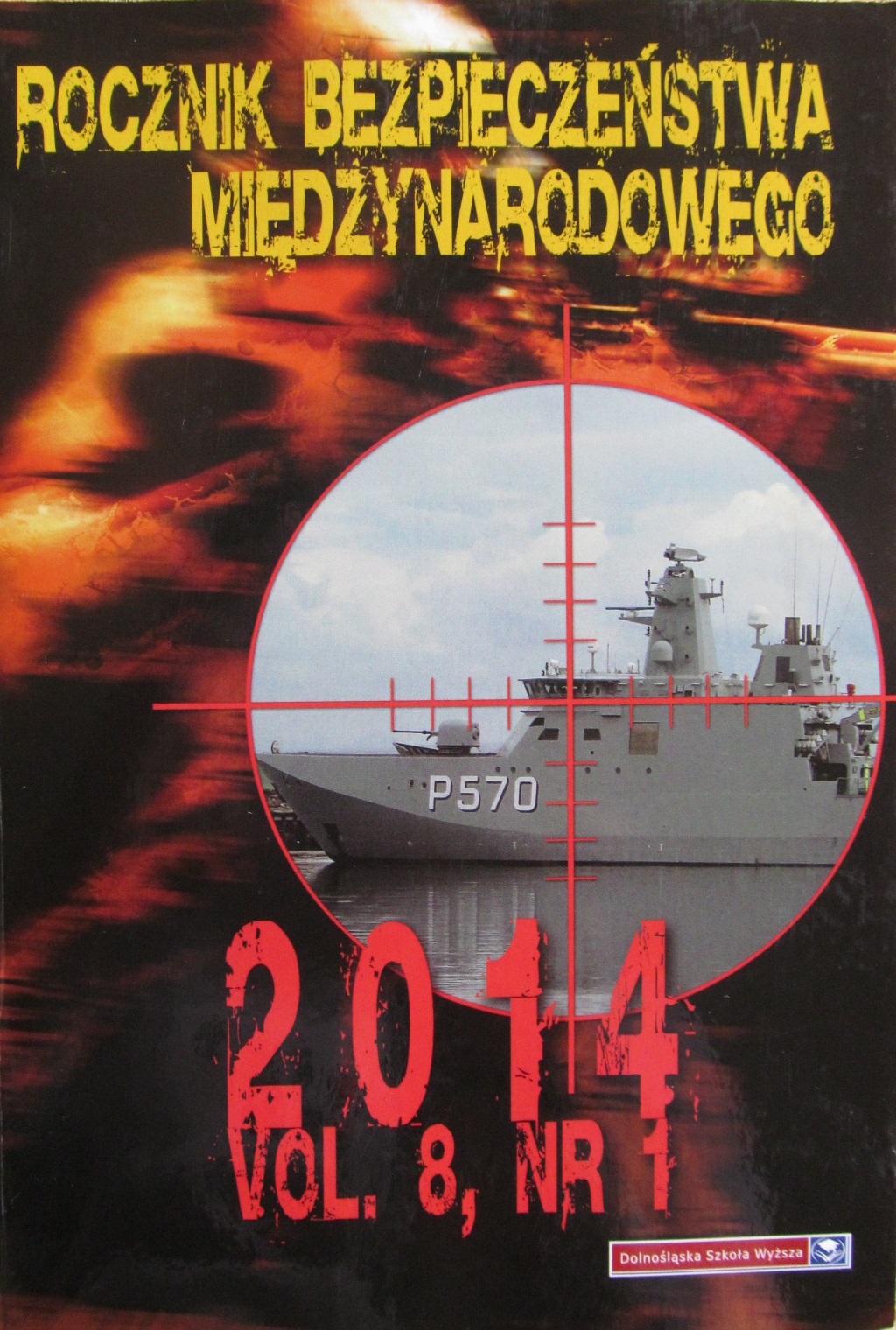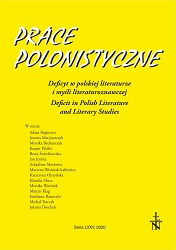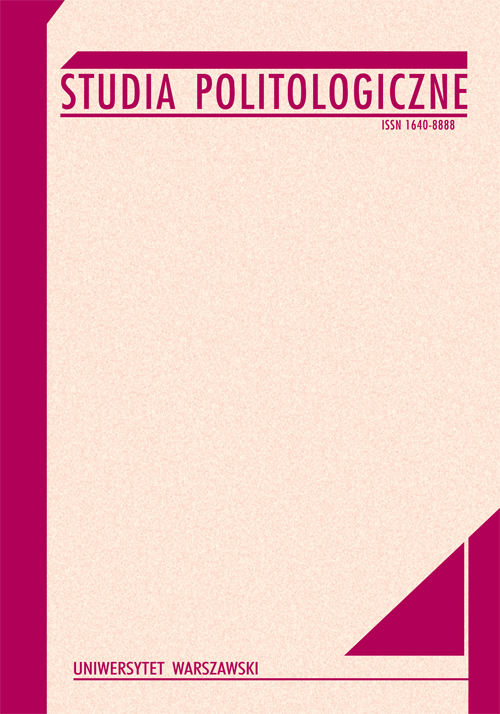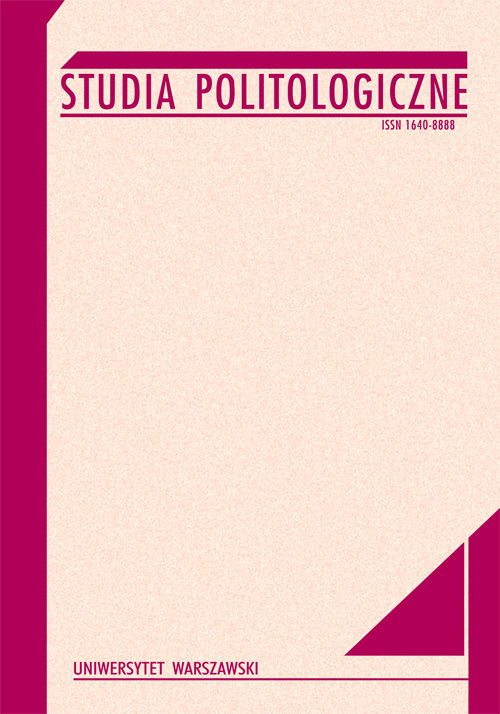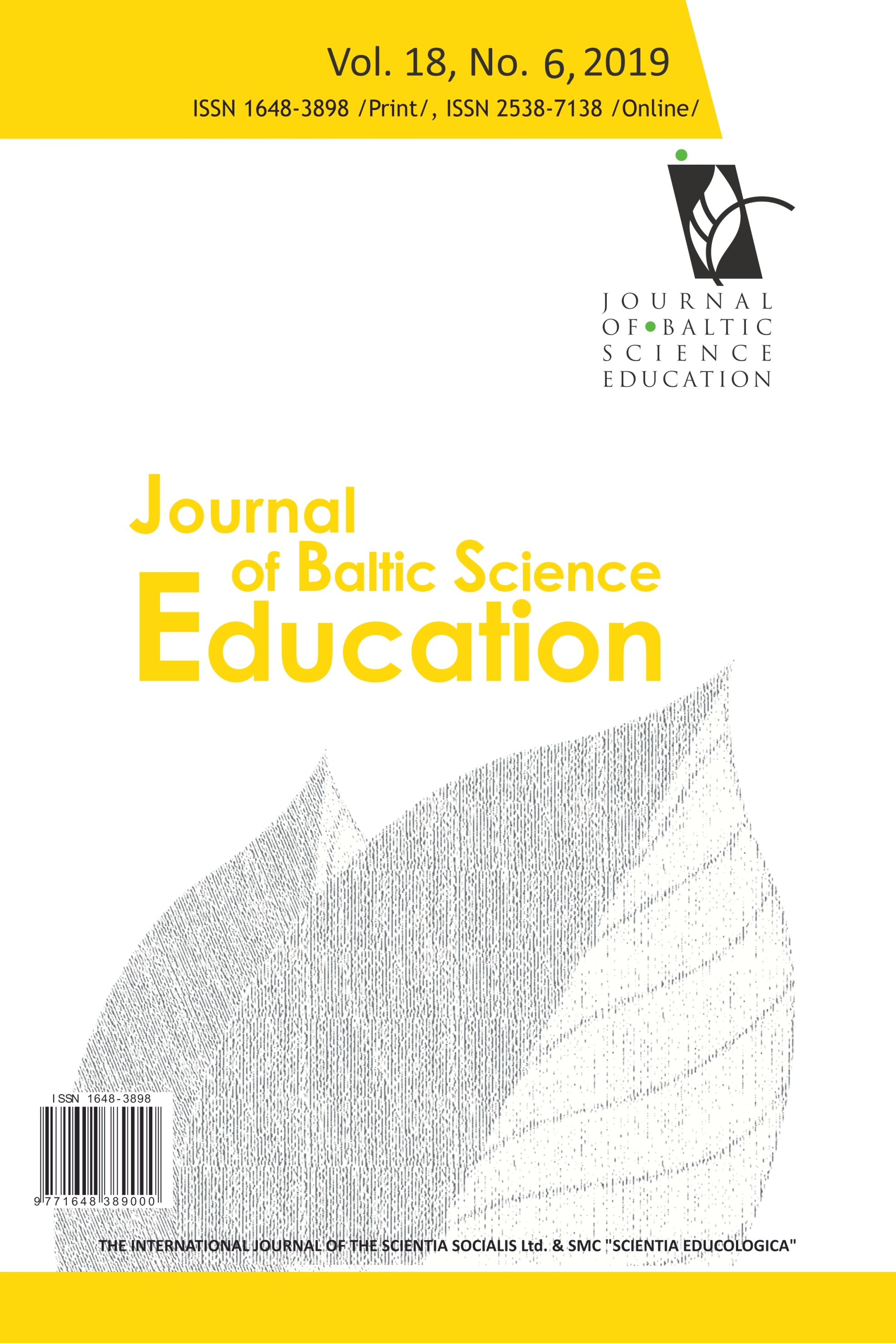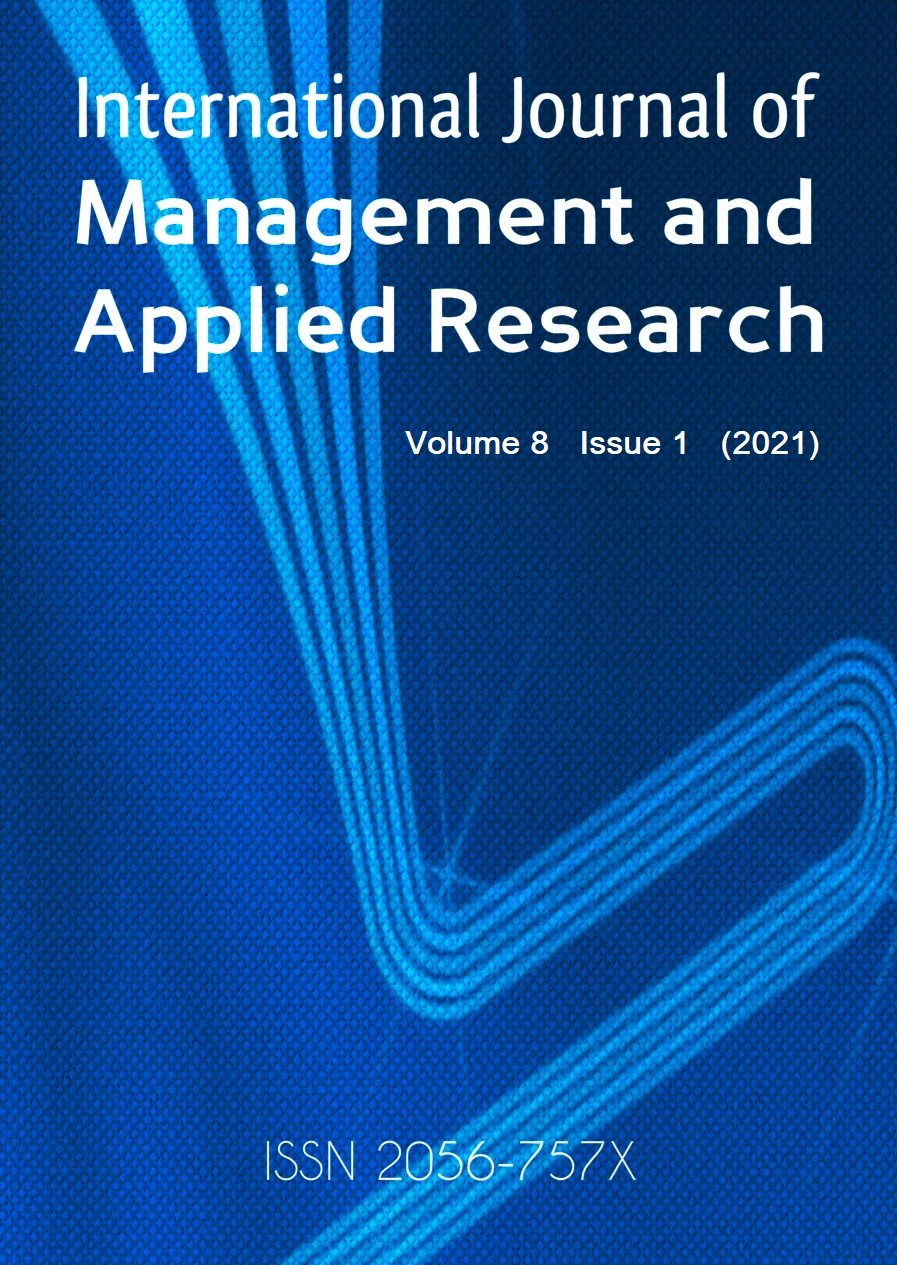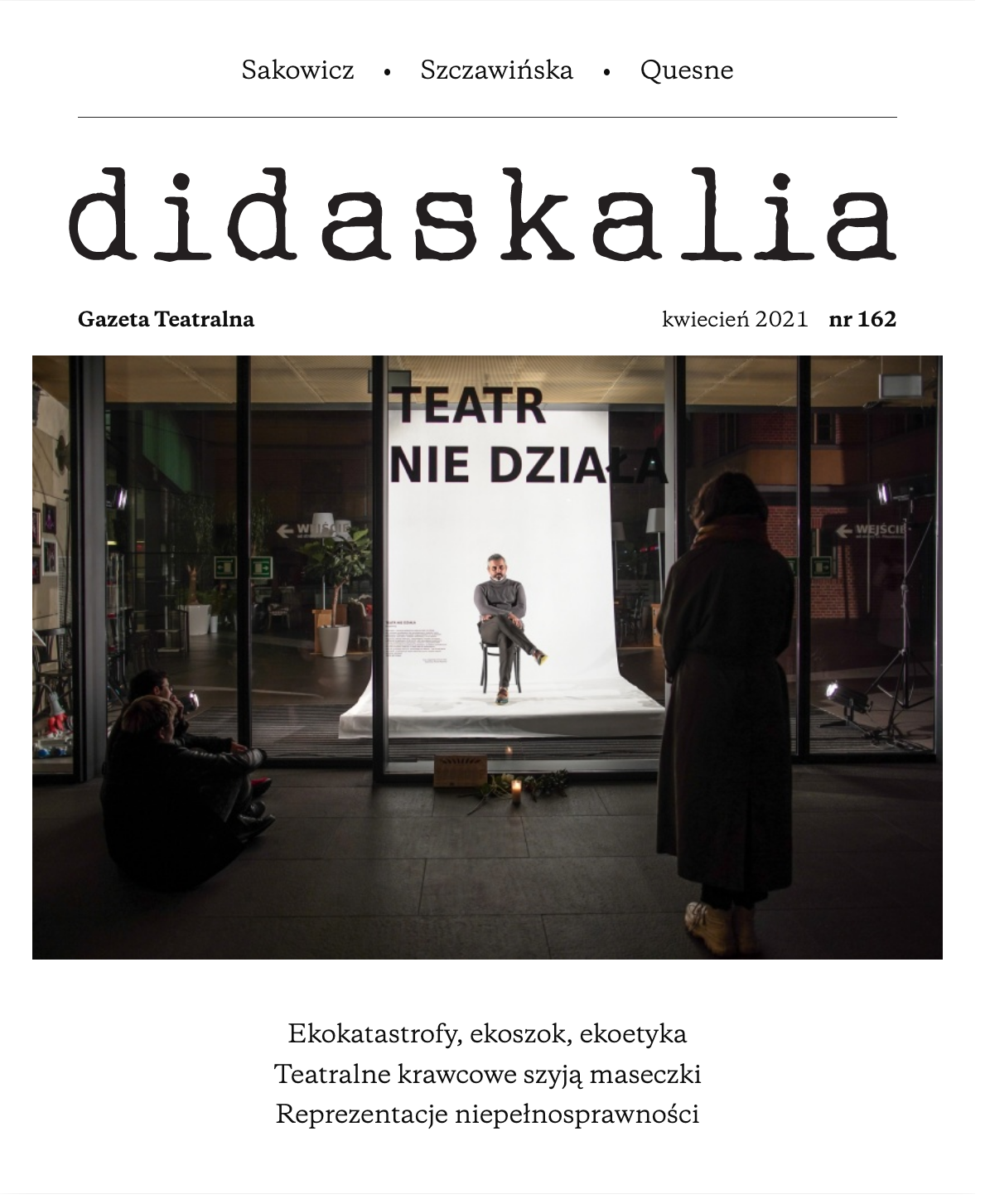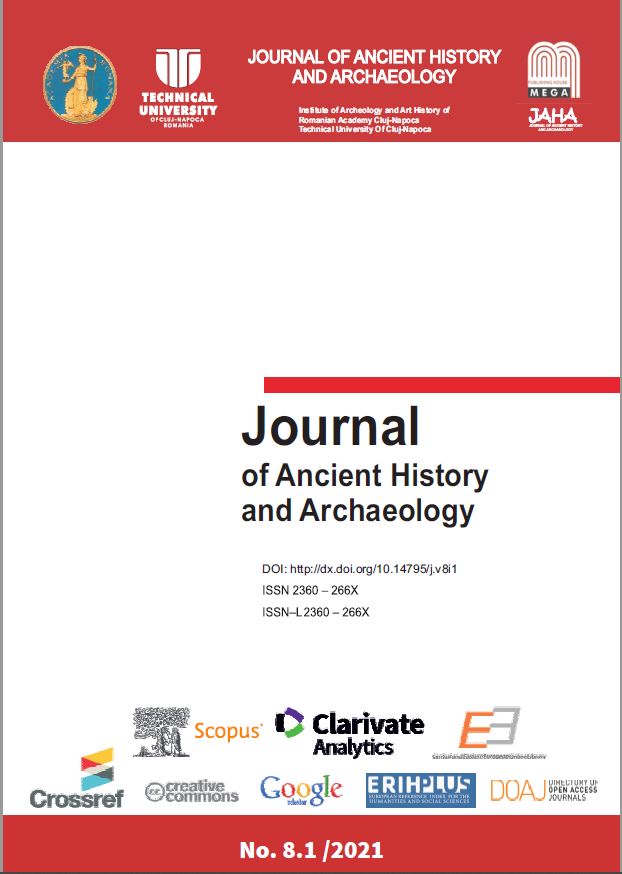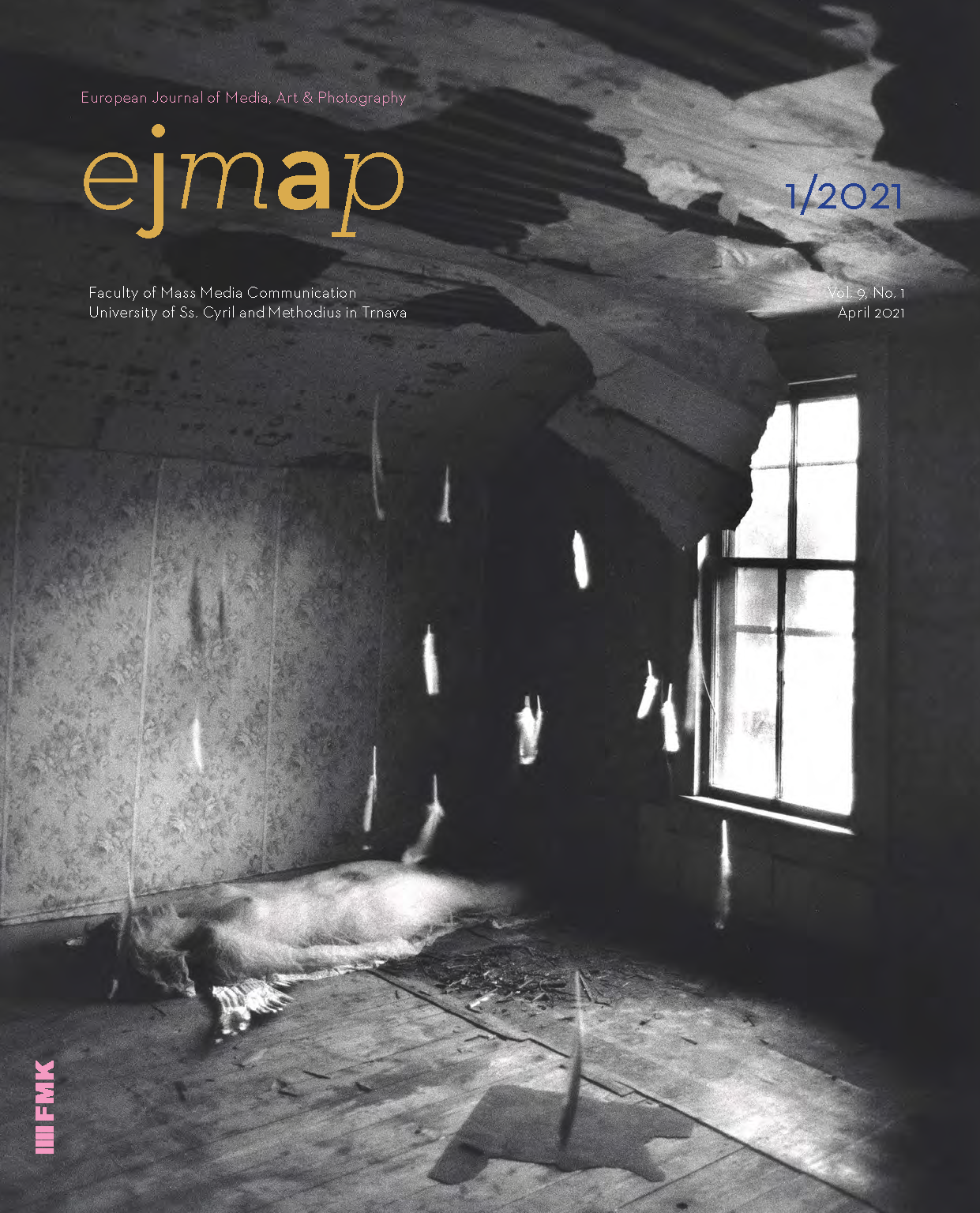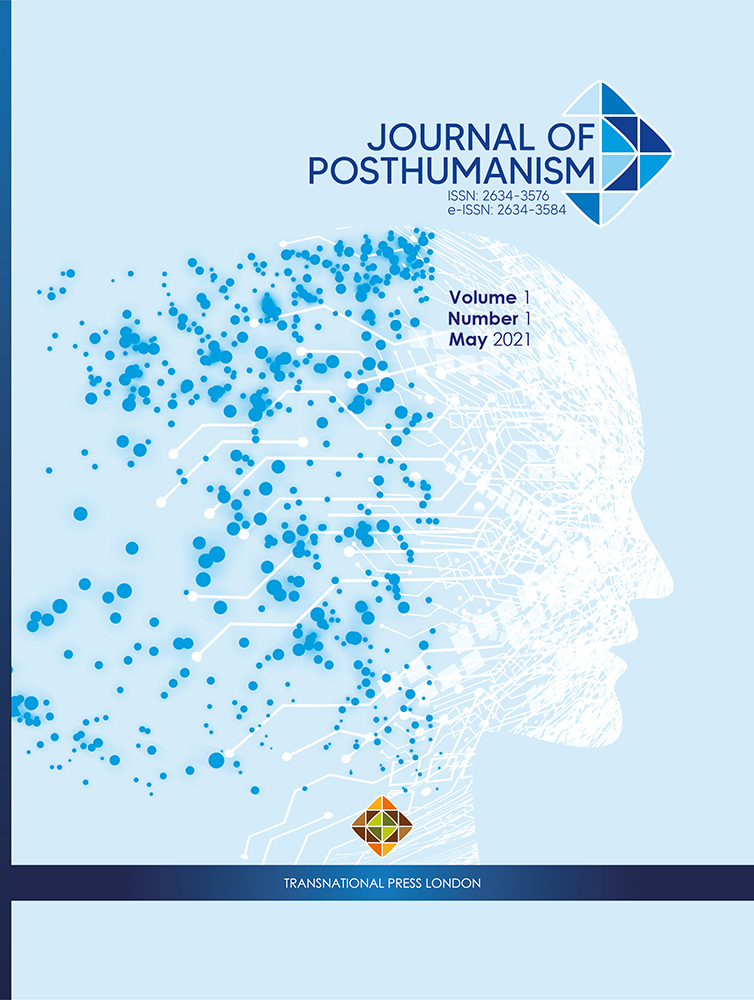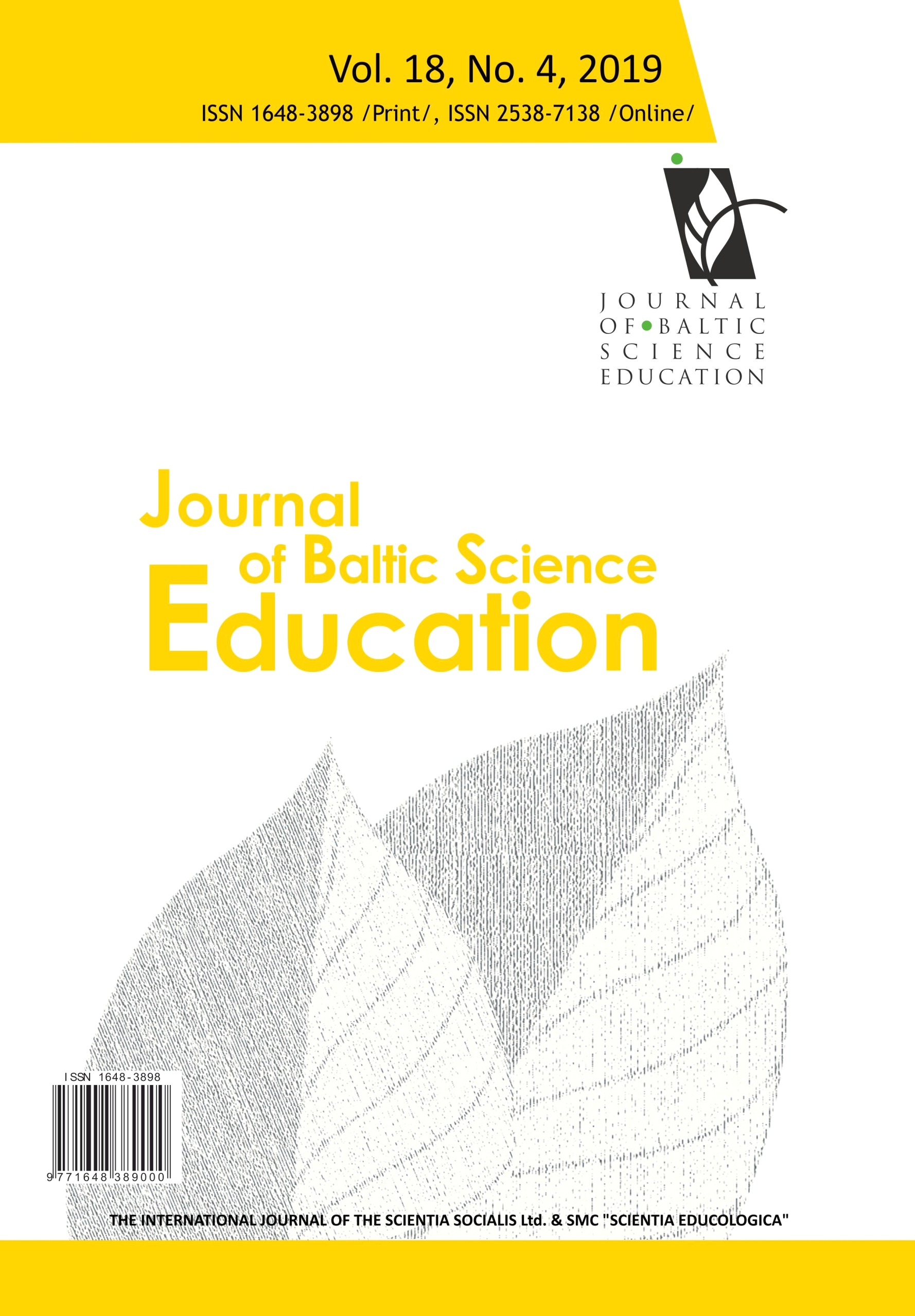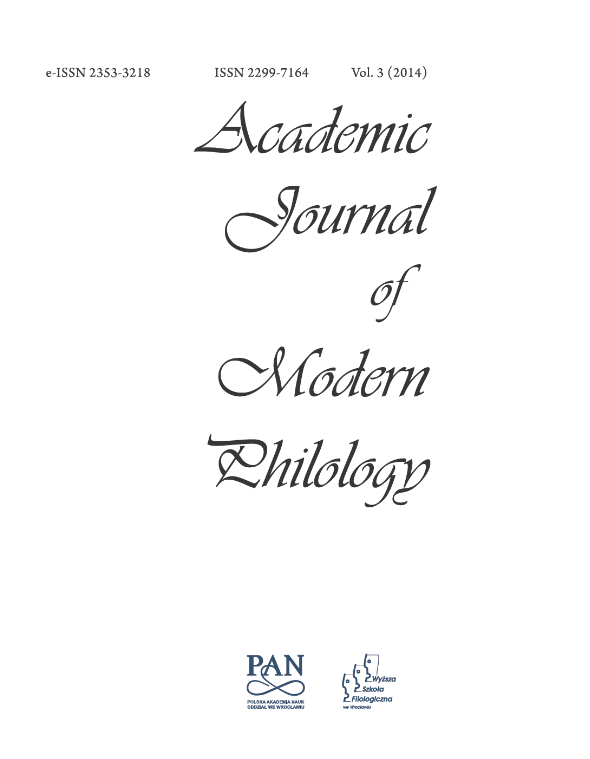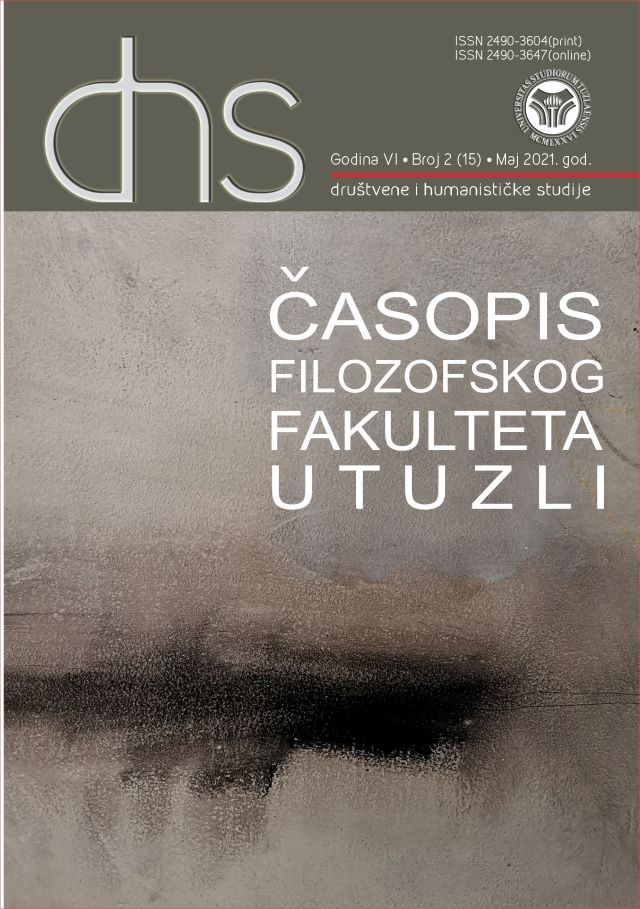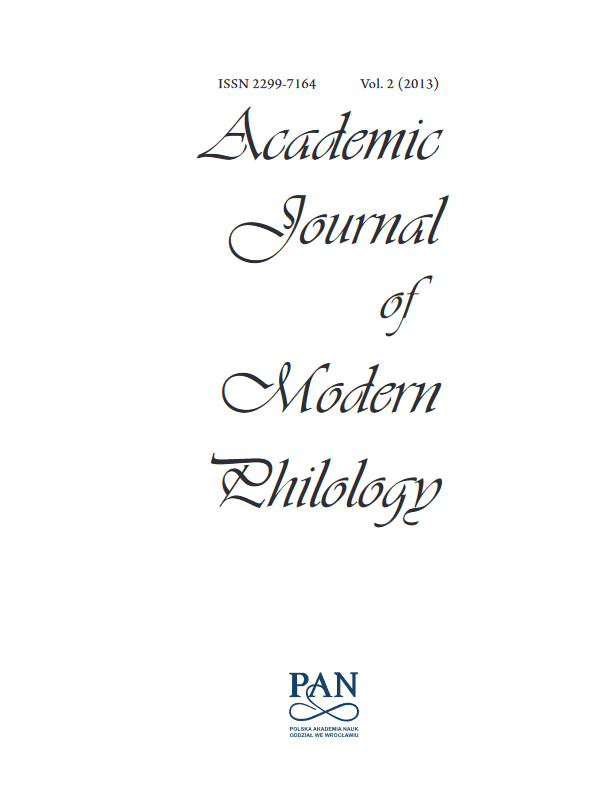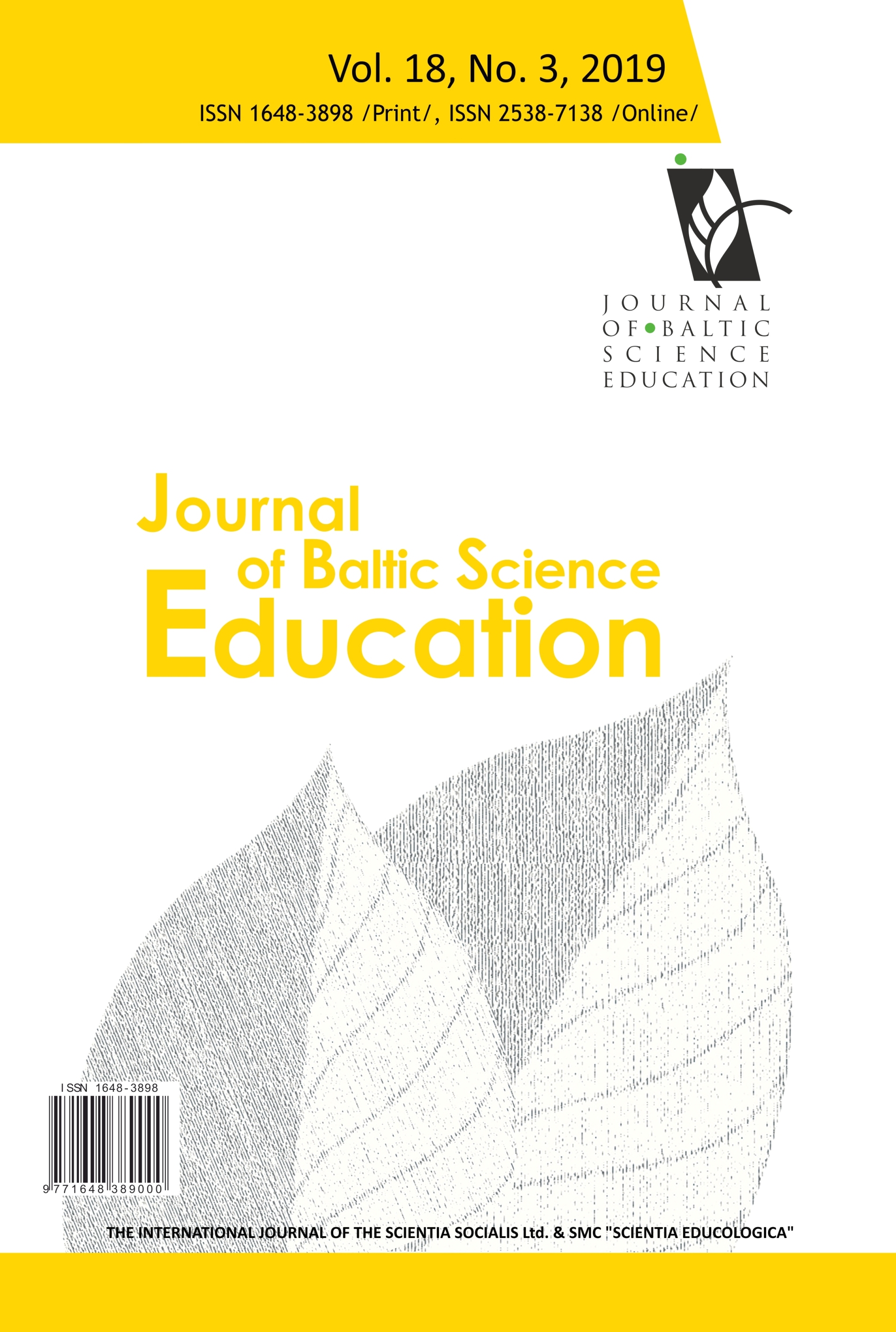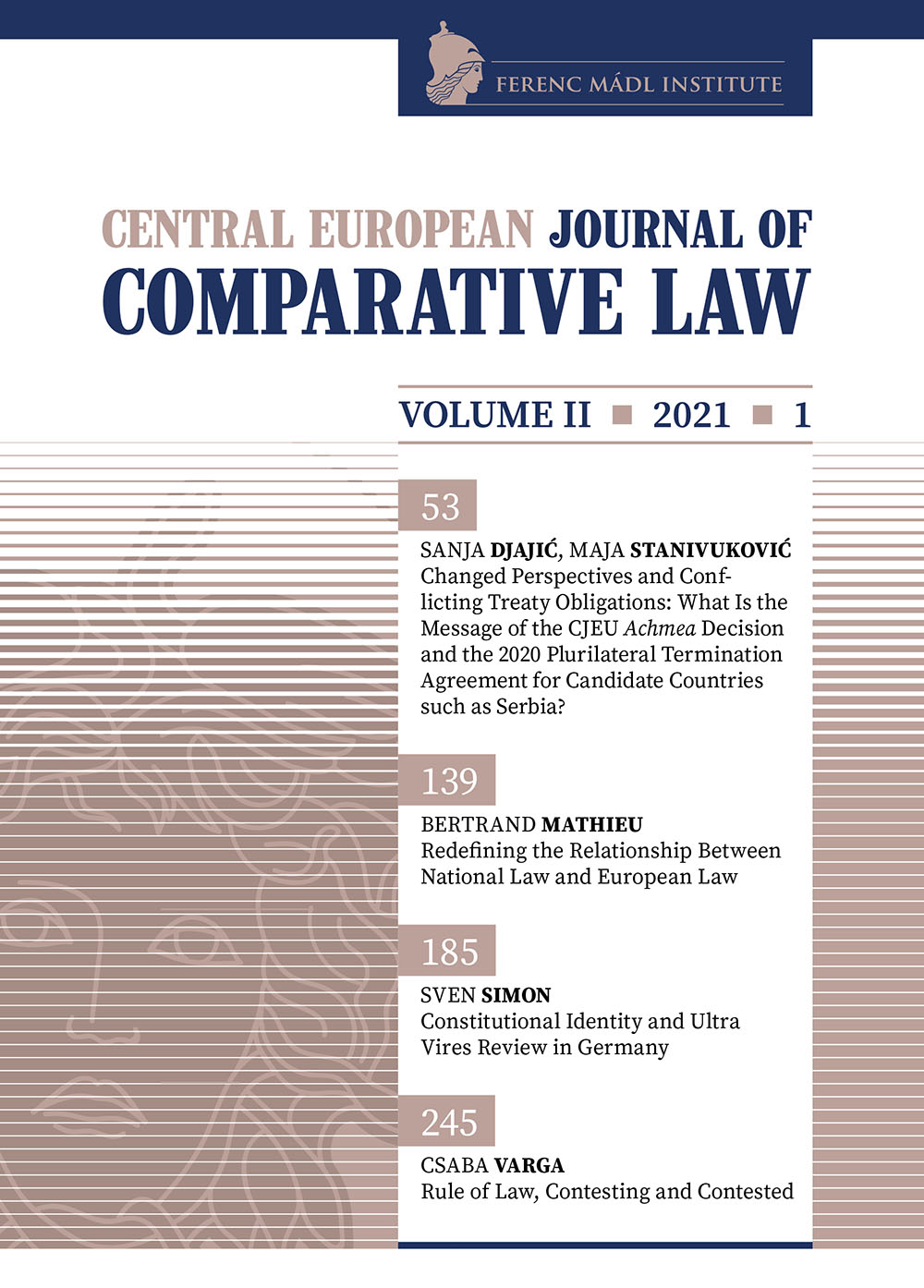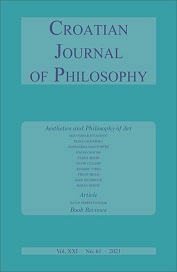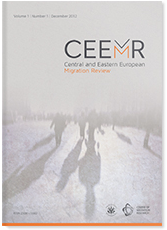
Ukraine and Greece - Two Diasporas: Engagement and Disengagement with the Homeland at Times of Crisis
Ukraine and Greece - Two Diasporas: Engagement and Disengagement with the Homeland at Times of Crisis
Keywords: diaspora; diasporic engagement; homeland; Greece; Ukraine; crisis
This article focuses on the interrelationship between homeland and diaspora at times of crisis. It adopts a comparative lens to look into diasporic (dis)engagement with the homeland, specifically analysing the cases of Greece and Ukraine. The main research issues are how crises affect the engagement between homeland and diaspora – taking Greece and Ukraine as case studies – and which the defining contextual factors are that transform the diaspora engagement. The article unpacks the homeland–diaspora nexus concerning two states with different socio-political backgrounds, both going through severe political and economic crises. In so doing, the article gives prominence to the differentiation between the engagement of the two different diasporas with their home countries at times of crisis. Evidence suggests substantial engagement in the Ukrainian case while, in the Greek case, a more mixed attitude – leaning towards disengagement – is apparent.
More...
